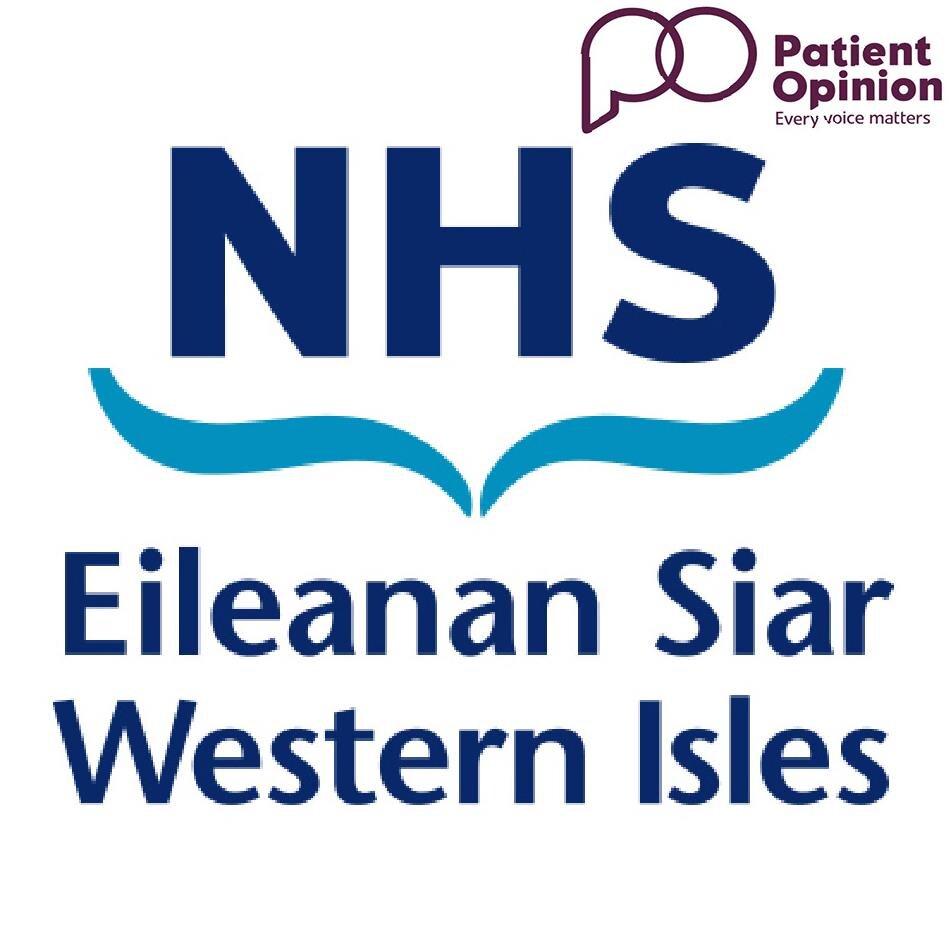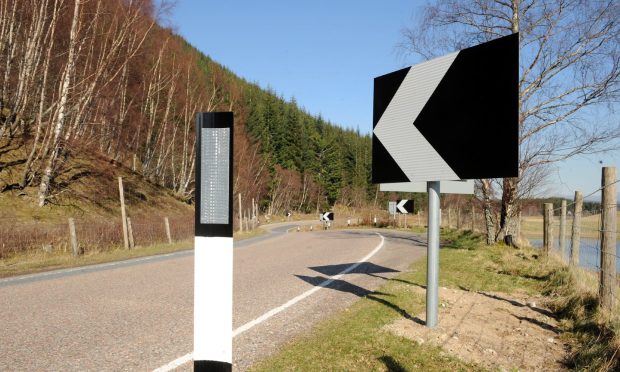NHS Western Isles unreasonably withdrew physiotherapy from a patient who suffers from quadriplegic cerebral palsy, watchdog investigators have found.
The woman’s mother took her complaint about the treatment of her daughter by NHS Western Isles to the Scottish Public Services Ombudsman (SPSO).
It upheld the complaint and told the health authority has been told to apologise to the family.
The mother – named as Mrs C in the findings – complained on behalf of her daughter – referred as Miss A – whose condition results in severe or complete loss of motor function in all four limbs.
In a report on the case, SPSO states: “We took independent advice from a physiotherapist. We found that it could have been deemed appropriate for the board to stop Miss A’s physiotherapy.
“However, we found that this was done without any appropriate assessment documented in the notes and without any documented consultation and discussion with Mrs C and her husband (Mr C).
“This is contrary to the Scottish Government Getting it Right for Every Child guidance. We upheld this aspect of Mrs C’s complaint.”
It added: “Mrs C also complained that, when asked, the board unreasonably failed to show her that their decision to withdraw Miss A’s physiotherapy was based on clinical need.
“We noted that, while the board referred to the progress Miss A had made, they did not explain why improvement in Miss A’s physical abilities affected her need for physiotherapy.
“In view of this, it was unclear why the specific physiotherapy was withdrawn. There was also a delay in the board providing this complaint response to Mrs C. We upheld this aspect of the complaint.”
The watchdog has told NHS Western Isles to: “Apologise to Mr and Mrs C and Miss A for the failings in Miss A’s physiotherapy care and their response to the complaint.
“In a similar situation, parents should be consulted prior to making changes to their children’s physiotherapy treatment.”
An NHS Western Isles spokeswoman said they have accepted the recommendations from the SPSO and “will learn from the outcome to ensure improved procedures”.
NHSWI Chief Executive Gordon Jamieson has, on behalf of the board, provided a full apology to the complainants with regard to the failings identified.










